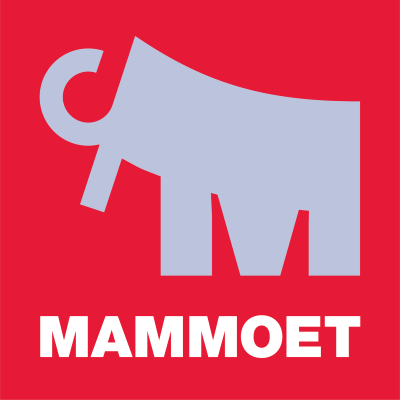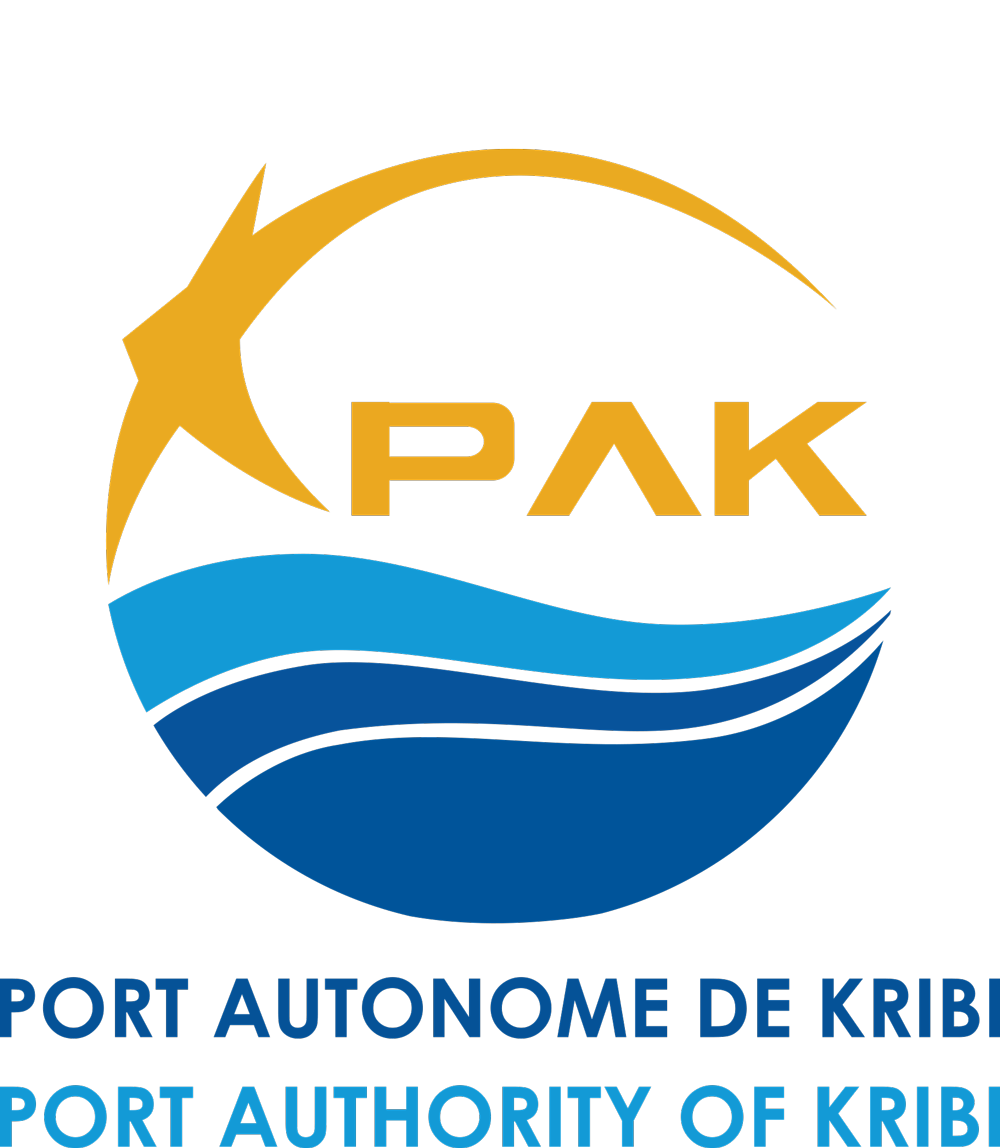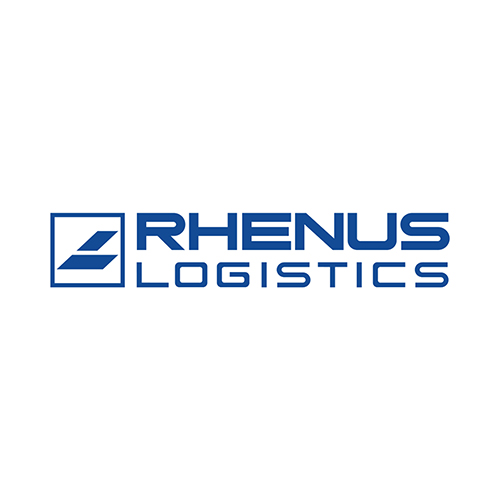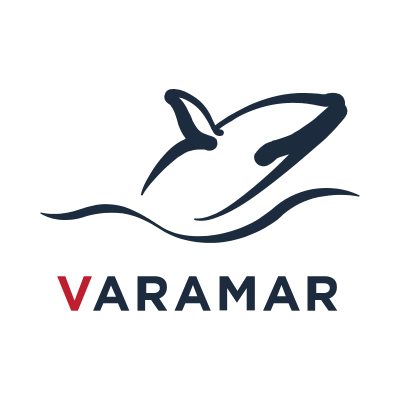Electric Cargo-handling Equipment Among Sustainable Solutions at Qatar’s Hamad Port
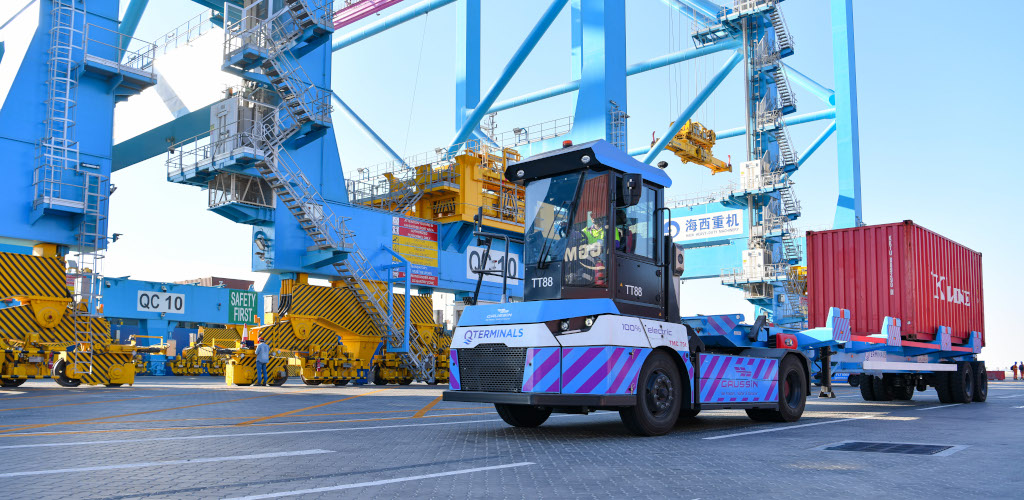
In an update for Breakbulk, leading international port and terminal operator QTerminals outlines a series of significant sustainability achievements at its flagship Hamad Port, Qatar’s main commercial port located south of capital city Doha.
Taking strides towards a sustainable future, QTerminals integrates environmental stewardship into our core ESG strategy. We are the first registered company in Qatar to commit to the Science Based Targets initiative (SBTi) validation process to reduce CO2 emissions by 42 percent by 2030. We are fully aware that sustainability is not just an institutional goal, but an urgent necessity to protect the environment and ensure a sustainable future. Therefore, we have taken serious steps in all aspects of our services to reduce the environmental impact of our operations. At Hamad Port, we have added a range of environmentally friendly equipment designed to reduce CO2 emissions and enhance operational efficiency.
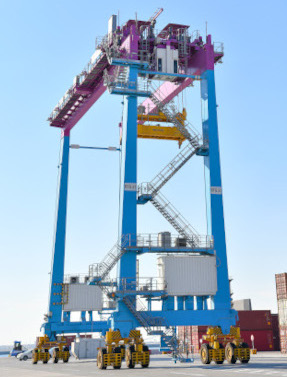 Locally manufactured trailers: The trailers at Hamad Port Container Terminal 2 are proudly manufactured locally in Qatar and contain fewer welding points, which enhances their durability and extends their scrappage age. They also feature top quality, durable tires, which increase their lifespan and gives them superior resistance, especially puncture resistance.
Locally manufactured trailers: The trailers at Hamad Port Container Terminal 2 are proudly manufactured locally in Qatar and contain fewer welding points, which enhances their durability and extends their scrappage age. They also feature top quality, durable tires, which increase their lifespan and gives them superior resistance, especially puncture resistance.
Electric forklifts: Our electric forklifts are zero-emission, reducing our carbon footprint. Each forklift contributes to reducing CO2 emissions by an average of 4,093 kilograms per year compared to diesel forklifts.
Environmentally friendly tractors: Container Terminal 2 at Hamad Port includes a group of environmentally friendly tractors, as they are fully electric, have zero carbon emissions and rely entirely on lithium batteries. QTerminals is constantly working to include more electric equipment over time to reduce its carbon footprint to zero.
Power regeneration from quay cranes: All Hamad Port quay cranes are programmed with an energy recycling system, which is a method that enables us to store the energy generated by handling operations and reuse it to operate other facilities within the port. By capturing and reusing energy generated during handling operations, we reduce overall energy consumption.
Solar panel installation project: Some 864 solar PV panels were installed on the Reefer Gantries Hamad Port, generating about 486 kilowatts of solar energy that feeds into the terminal’s grid system, thus reducing our overall consumption of energy. Additionally, plans are underway to expand solar power projects, aiming for a total capacity of 4.2 MW.
While QTerminals is making important progress in its sustainability journey, the road ahead is not without challenges. Transitioning to fully sustainable operations requires significant investment to ensure cost-effectiveness and must keep pace with rapidly changing technological developments to maintain our competitive advantage and look after the environment.
About QTerminals
QTerminals was established in Qatar in 2016 as a joint venture between the Qatar Ports Management Company (Mwani Qatar) and Qatar Navigation (Milaha). QTerminals Group’s portfolio includes Hamad Port in Qatar, QTerminals Antalya in Türkiye, QTerminals Kramer Rotterdam Port in the Netherlands and QTerminals Olvia Port in Ukraine. It is a global leader in the field of operating and managing ports and terminals, working to provide handling services for containers, bulk, general cargo, RORO, livestock, offshore supply and cruise ships.
QTerminals is an exhibitor and sponsor at Breakbulk Middle East.









.png?ext=.png)
.png?ext=.png)
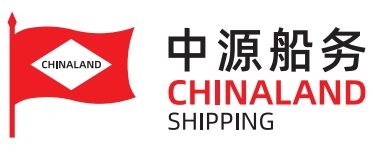



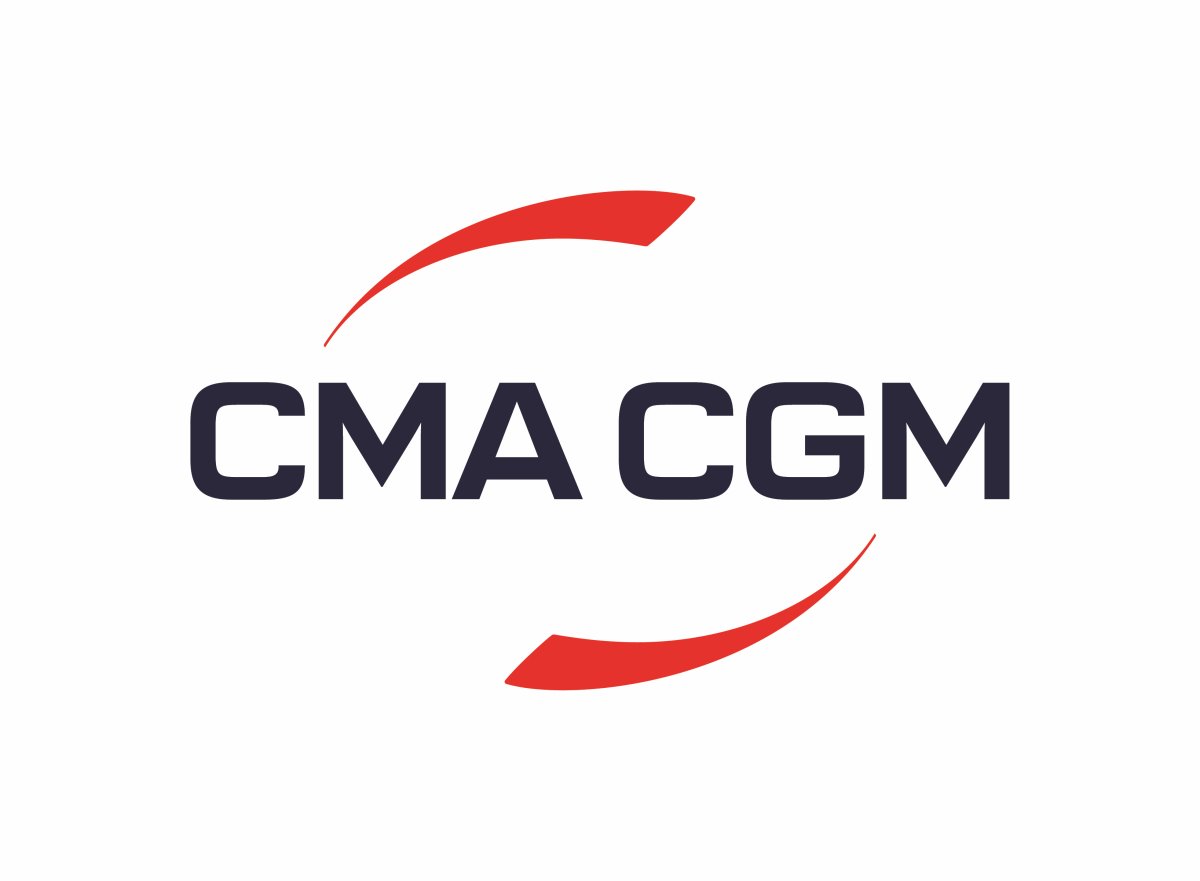

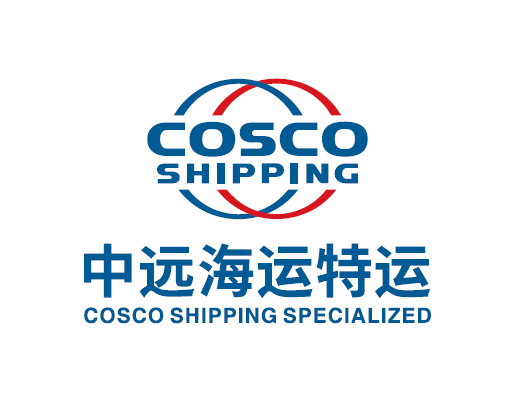


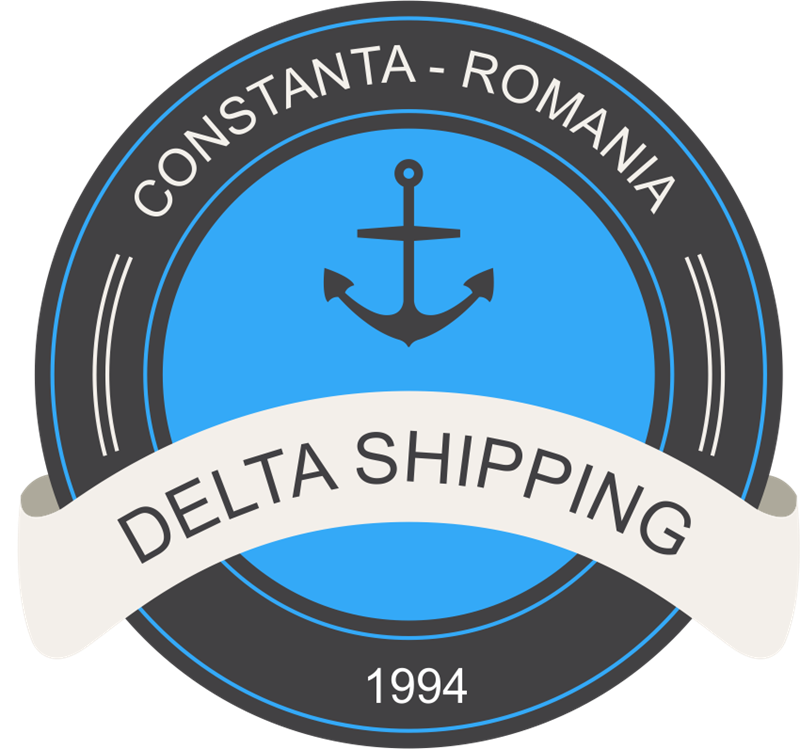


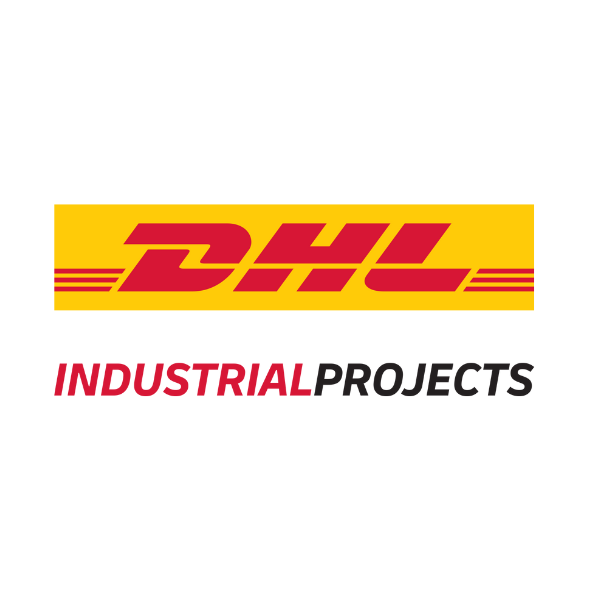

.png?ext=.png)




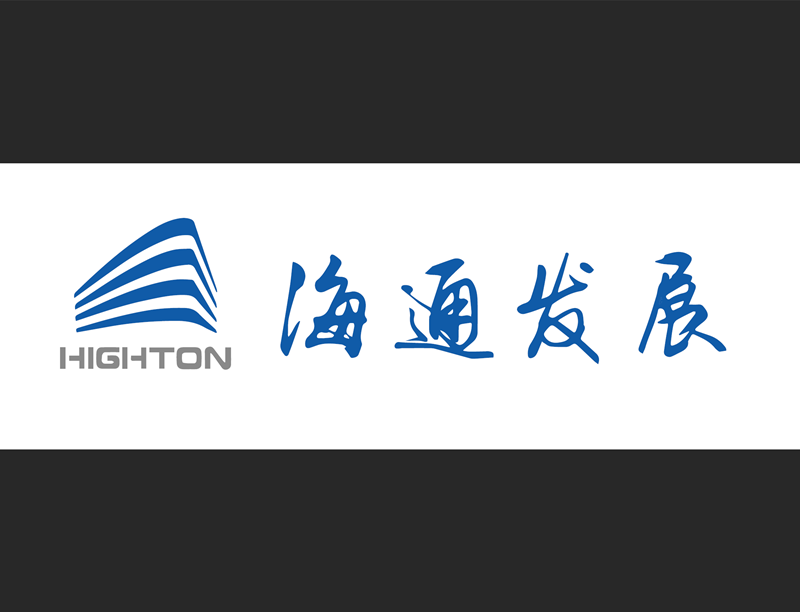
-(1).jpg?ext=.jpg)



.png?ext=.png)
.png?ext=.png)
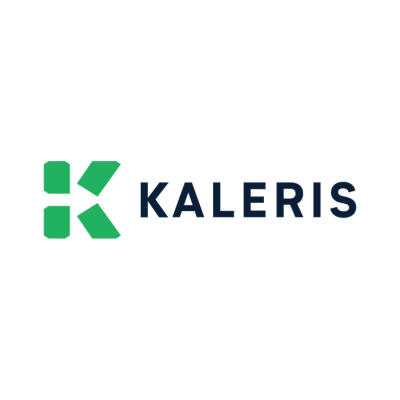
_1.jpg?ext=.jpg)
_2.jpg?ext=.jpg)

